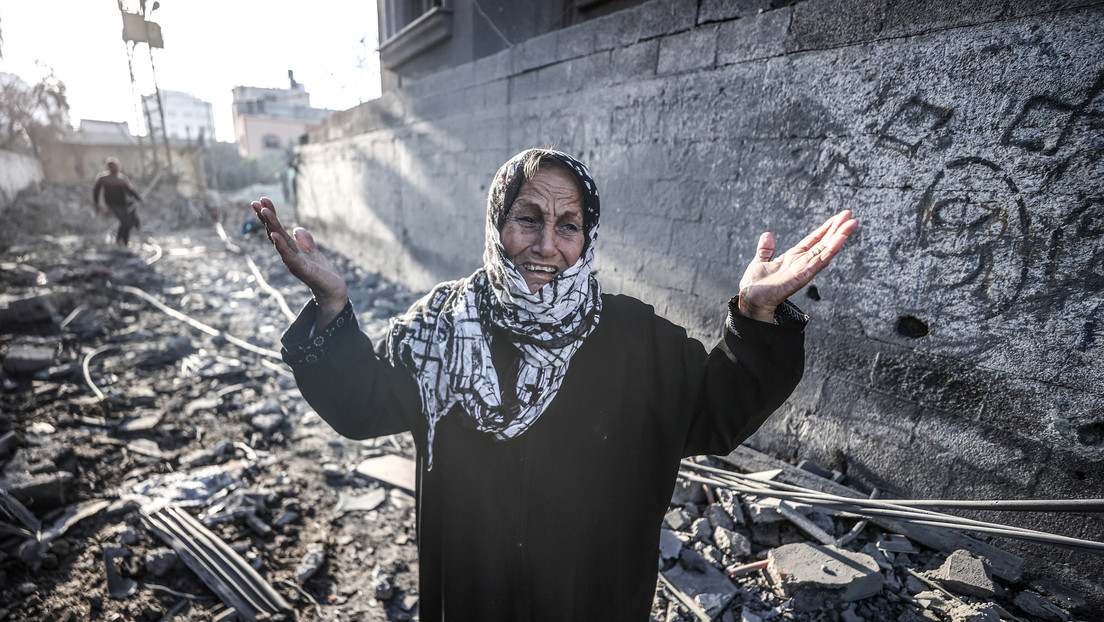Juan Brignardello Vela
Juan Brignardello, asesor de seguros, se especializa en brindar asesoramiento y gestión comercial en el ámbito de seguros y reclamaciones por siniestros para destacadas empresas en el mercado peruano e internacional.




In a significant stride towards revolutionizing cancer treatment, Russian scientists have announced the development of an innovative mRNA vaccine designed to combat various forms of cancer. This breakthrough, emphasized by the Russian news agency TASS, highlights the pivotal role artificial intelligence (AI) played in accelerating the creation of the vaccine, making the lengthy process of vaccine development remarkably more efficient. According to Andrey Kaprin, General Director of the Radiology Medical Research Centre under the Russian Ministry of Health, the vaccine is set to launch in early 2025 and will be distributed free of charge to all citizens. This initiative aligns with President Vladimir Putin's earlier statements expressing optimism about advancements in cancer vaccines and next-generation immunomodulatory medicines. The vaccine's development reached a significant milestone with the completion of pre-clinical trials, as noted by Alexander Ginsburg, Director of the Gamaleya National Research Centre for Epidemiology and Microbiology. Preliminary results indicate that the vaccine is effective in suppressing tumor growth and limiting the potential for metastases, offering hope to patients who may have exhausted conventional treatment options. One of the most striking aspects of this development is the integration of AI neural networks in the vaccine creation process. Traditionally, the customization of cancer vaccines has been a labor-intensive and time-consuming endeavor, often requiring days or even longer to analyze the unique characteristics of a patient’s cancer. However, the involvement of the Ivannikov Institute allows this intricate calculation to be streamlined to a mere half to one hour. Ginsburg elaborated that previously, the mathematical matrix methods needed for such calculations were complex and time-consuming; AI now simplifies this, significantly enhancing efficiency. The implications of a cancer vaccine are profound. This type of immunotherapy is designed to train the immune system to recognize and attack cancer cells, distinguishing them from normal cells. By targeting proteins that are either unique to or expressed at elevated levels in cancer cells, the vaccine could empower the immune system to mount a robust defense against malignancies. As the world watches this development unfold, the prospect of a personalized cancer vaccine, particularly one that is accessible and free, raises hopes for millions grappling with cancer. With AI’s involvement in healthcare growing increasingly prominent, Russia’s initiative may herald a new era in cancer treatment, potentially transforming the landscape of oncology and providing a beacon of hope for patients worldwide. The next few years will be crucial as the vaccine undergoes further testing and eventually moves into wider clinical use, but the early signs are encouraging and suggest that a meaningful breakthrough in cancer care may be on the horizon.
Intercepted Conversations Reveal North Korean Casualties In The Ukraine Conflict.

Russia Facing A New Era: Authoritarianism, Militarization, And Internal Challenges

Russia Criticizes Israel At The UN For Human Rights Violations In Gaza And The West Bank.
